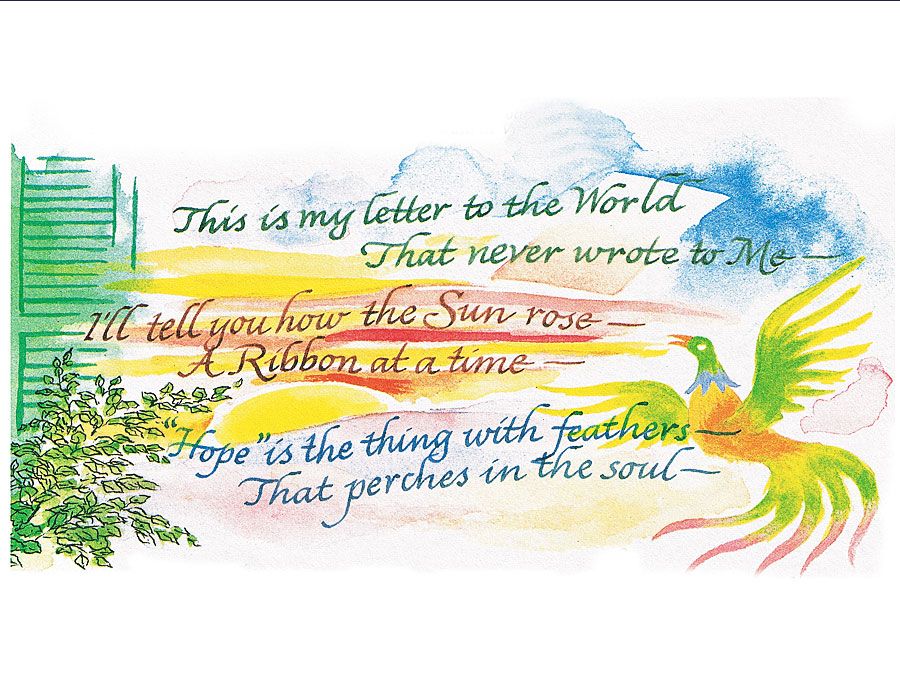Marie De France
- Flourished:
- 12th century
- Flourished:
- c.1150 - c.1200
Marie De France (flourished 12th century) was the earliest known French woman poet, creator of verse narratives on romantic and magical themes that perhaps inspired the musical lais of the later trouvères, and author of Aesopic and other fables, called Ysopets. Her works, of considerable charm and talent, were probably written in England. What little is known about her is taken or inferred from her writings and from a possible allusion or two in contemporary authors.
From a line in the epilogue to her fables, Claude Fauchet (1581) drew the name by which she has since been known. The same epilogue states that her fables were translated from, or based on, an English source for a Count William, usually identified as William Longsword, Earl of Salisbury, or sometimes as William Marshal, Earl of Pembroke. Her lais were dedicated to a “noble” king, presumably Henry II of England, though it is sometimes thought that this was Henry’s son, the Young King. Her version of L’Espurgatoire Seint Patriz (“St. Patrick’s Purgatory”) was based on the Latin text (c. 1185) of Henry of Saltrey. Every conjecture about her has been hotly debated.
Her lais varied in length from the 118 lines of Chevrefoil (“The Honeysuckle”), an episode in the Tristan story, to the 1,184 lines of Eliduc, a story of the devotion of a first wife whose husband brings a second wife from overseas.
















